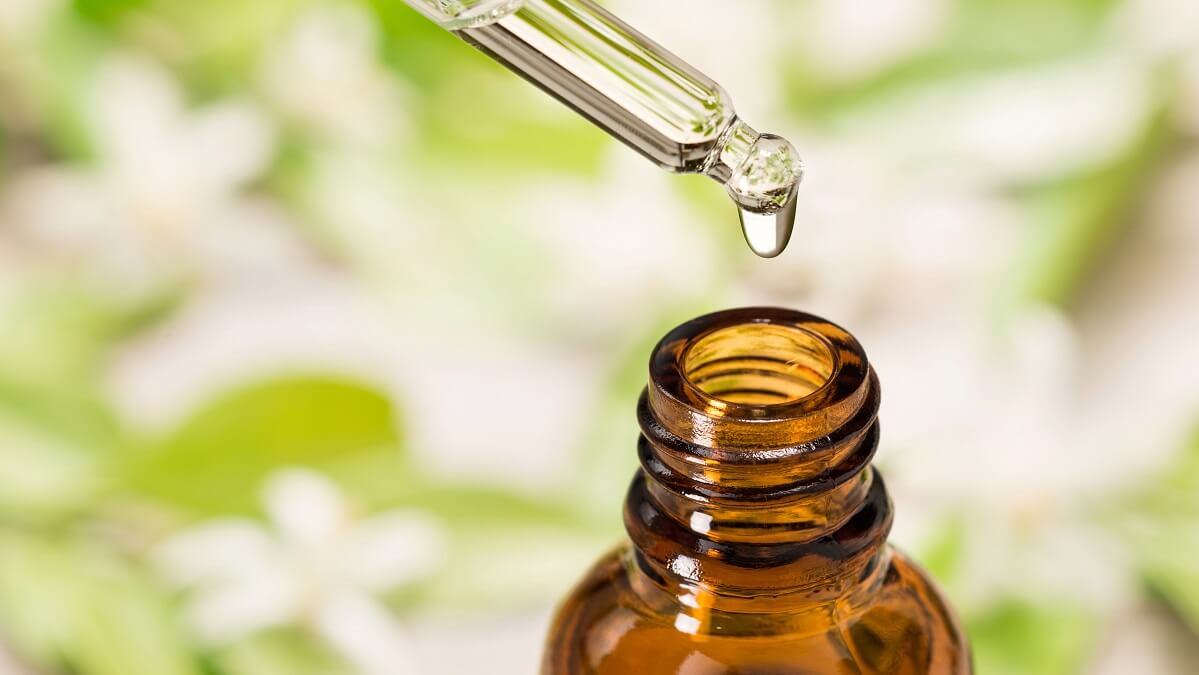Older adults may benefit cognitively from aromatherapy, according to new research.
Now for many (me included), the mere mention of the word ‘aromatherapy’ conjures thoughts of snake oil salesmen. (That very topic was discussed on these pages only last week.) The Wikipedia page devoted to aromatherapy uses the phrases “complementary therapy” and “alternative medicine”. Both are often read as euphemisms for medical quackery.
However, it’s important to keep an open mind about any new ideas in the field of medicine. This is especially true if there has been peer-reviewed research that provides supporting evidence.
With that in mind, let’s take a look at the new research, published last month in Frontiers in Neuroscience. Could aromatherapy actually improve cognition, or does this research have a bit of a – shall we say – ‘smell’ about it?
The science of aromatherapy
First, the study’s authors began by acknowledging loss of cognitive function in older adults as a growing issue in society. Their objective was to determine if using “olfactory enrichment” at night might improve cognitive ability in healthy older adults.
‘Olfactory’ means pertaining to the sense of smell. And when you think about it, the idea of aromas having an effect on our brains is not so far-fetched. There are many examples of particular smells triggering long-forgotten memories. Chances are you could cite your own story. That triggering of memory is all part of the cognitive process.
But let’s get back to the research. The study took in two groups of adults aged 60 to 85. One group was exposed to seven different odorants a week, one per night, for two hours, using an odorant diffuser. The other (control) group was exposed to a similar regime, but received only a trace of odorant.
So what was the result? Those in the exposed group showed a “statistically significant 226 per cent improvement” compared to the control group in one particular test.
This test is known as the Rey Auditory Verbal Learning Test, one that’s well recognised in medical research. It measures a person’s ability to encode, combine, store and recover verbal information in different stages of immediate memory.
Such a result sounds very promising, almost conclusive. But is it?
The devil is in the detail
Few would argue with a 226 per cent improvement being classified as “statistically significant”. But it can pay to delve a little deeper sometimes. Before taking these results as a conclusive reason to rush out and buy aromatherapy oils, there are several things to consider.
First, the size of the two groups. In total, 43 volunteers were involved. Twenty were given the full-strength odorants and 23 were in the control group. The total is quite small already, but it was reduced further when a number dropped out due to COVID.
Accounting for this, the final total was 23 – 12 of whom experienced olfactory enrichment and 11 in the control group. Such small numbers do not invalidate the results, but do suggest a cautious approach would be advisable.
The second consideration comes from Dr Mark Moss, head of the department of psychology at Northumbria University in the UK. He noted that “of the 12 cognitive measures they analysed, only one produced a significant difference”. Dr Moss was not involved in the study.
“The potential median response over a 226 per cent improvement may well be overblown,” Dr Moss added. “It is not exactly clear what the baseline scores were as only the change from baseline values are given.”
Third, this research was partially funded by Proctor and Gamble, which launched a brand of essential oils in 2021. Again, this does not invalidate the research. Many university drug trials have been supported by pharmaceutical companies. That is perhaps not ideal but is a fact of research life.
Importantly in this case, there is a full disclosure of possible conflicts of interests. The study declares that it “was supported by Procter and Gamble” and that two authors “received travel expenses and compensation following presentations at P&G”.
The sweet smell of success?
This research will not have me rushing to Aromas R Us or some similarly named aromatherapy retailer. But it does open up the possibility of aromatherapy oils having a positive effect on cognition.
On top of this, there’s little to no evidence that aromatherapy does any harm. If you try aromatherapy and find that it does good for you, by all means keep using it. But do so knowing that it’s possible that the effect is purely placebo. And remind yourself that a lot of medical research relies on statistical evidence.
For now, there is some statistical evidence of aromatherapy improving cognitive function, but not an overwhelming amount. The new research doesn’t stink, but it also doesn’t guarantee that aromatherapy users’ brains will come up smelling of roses!
Have you used aromatherapy? Has it made a difference to your quality of life? If so, how? Let us know via the comments section below.
Also read: Is aromatherapy all in the mind?

